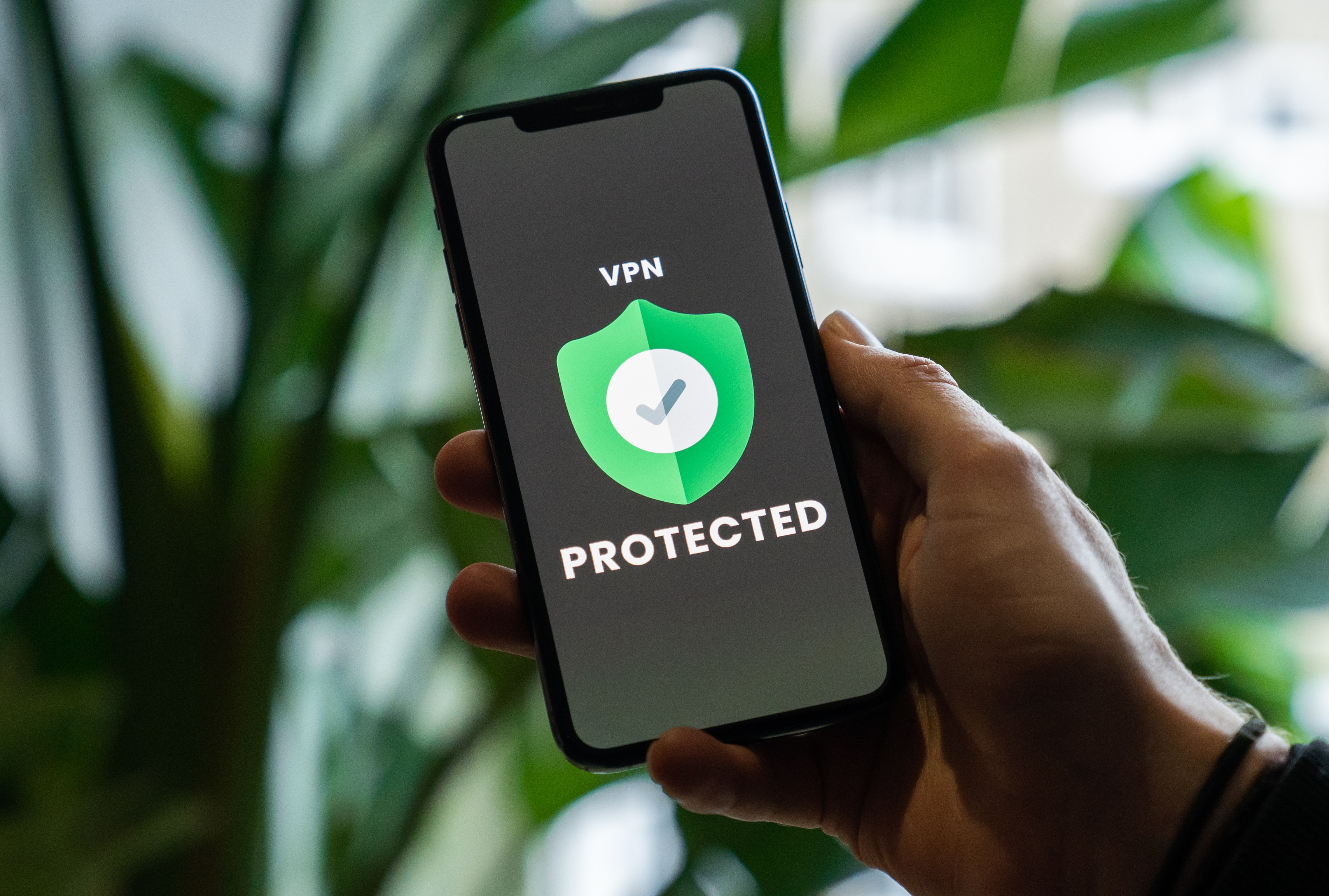
Photo by Privecstasy on Unsplash
By Arthur Moses Opio
To our dear readers, staff, students and well wishers.
We write to remind you about personal security while using the internet. We visit so many sites are on so many social media forums and we are bombarded by all sorts of messages and many times those messages come bundled with malicious content.
A quick reminder on the kinds of emails hackers send were highlighted in this article
https://dicts.mak.ac.ug/articl
Humans Are The Weakest Link
Technology is important, but the old expression that "humans are the weakest link" in any cybersecurity program seems truer than ever. Employee training is a critical line of defense as cybercriminals continue to prey on remote workers. "The easiest way into an organization is by tricking an employee to let you in." says Tim Sadler, CEO of cybersecurity company Tessian.
Insights on a Survey Done By Tessian on Employees
A survey done by Tessian states that 88 percent of data breaches involved human error.
In the Tessian survey, 43 percent of employees said they have made mistakes at work that compromised cybersecurity; 58 percent admitted having sent a company e-mail to the wrong person, often because they were distracted or tired - (SHRM)
With the statistics above, we write to let you know the increasing problem with cyber security in this day and era. We need to be more vigilant than ever. How sure are we that the sites we are even visiting are secure. You might be wondering why your computer is slow, sometimes it is not because it's old, it's because viruses are running in the background or It could be a new computer but it's slow too, viruses come from sites that are not secure.
We have communicated here before about sites that only have http:// - most of these sites are unsecure and can have a lot of malicious content. We only recommend visiting https:// sites because at least there is some security level applied. Usually the site has a padlock sign.
This link has some insights on unsecure sites https://www.linkedin.com/pulse
We urge that if you see anything suspicious please report it on the go.
What to do?
- Always be vigilant.
- Do not download attachments from suspicious mails.
- Do not click links you are not sure of.
- Ensure your computer is up to date.
- Report anything suspicious
Be safe online.
